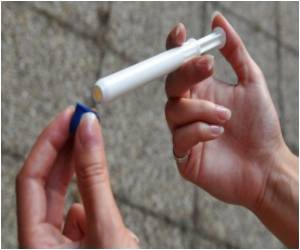A report says that the time of day could be a crucial factor in the risk of getting an infection.

The findings, published in the journal Immunity, showed the time of an infection changed its severity.
An expert said drugs were likely to take advantage of the body clock in the near future.
Plants, animals and even bacteria go through a daily 24-hour routine, known as a circadian rhythm. Jet lag is what happens when the body gets out of sync with its surroundings after crossing time zones.
It has been known that there are variations in the immune system throughout the day. Researchers are now drilling down into the details.
The immune system needs to detect an infection before it can begin to fight it off. Researchers at Yale University School of Medicine were investigating one of the proteins involved in the detection process - Toll-like receptor nine (TLR9), which can spot DNA from bacteria and viruses.
Advertisement
Immunising mice at the peak of TLR9 activity improved the immune response, the researchers said.
Advertisement









